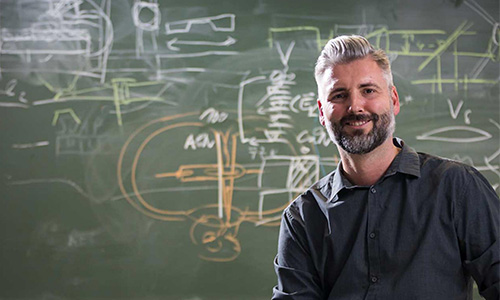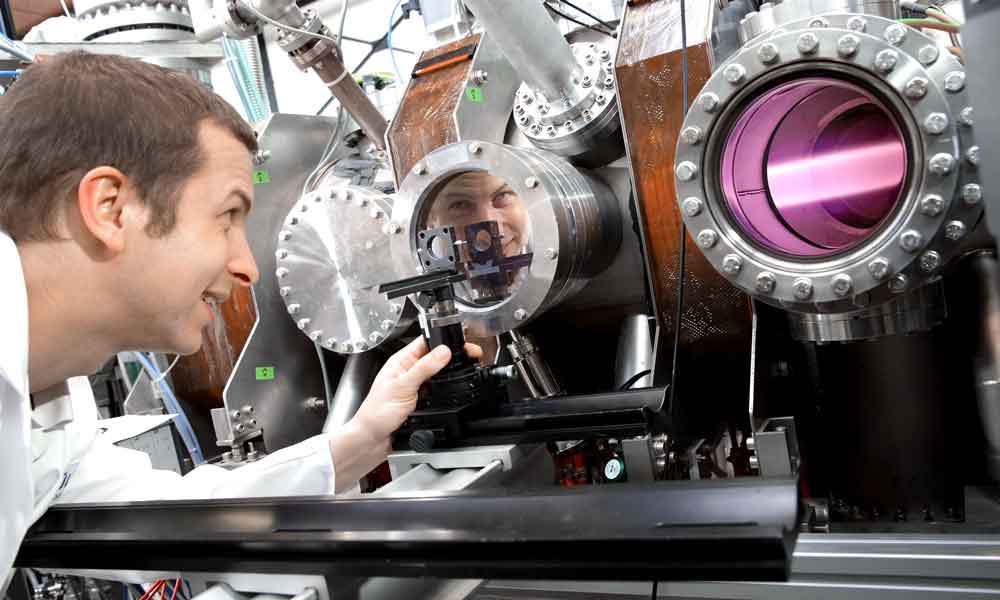Our fields of research
How can we safely cover our energy needs using renewable resources? How can we achieve a resource-efficient circular economy? And how can artificial intelligence help us in all this? We research in the socially relevant fields of information, energy and bioeconomy. Our aim is to find practical solutions to the challenges of the modern world.





